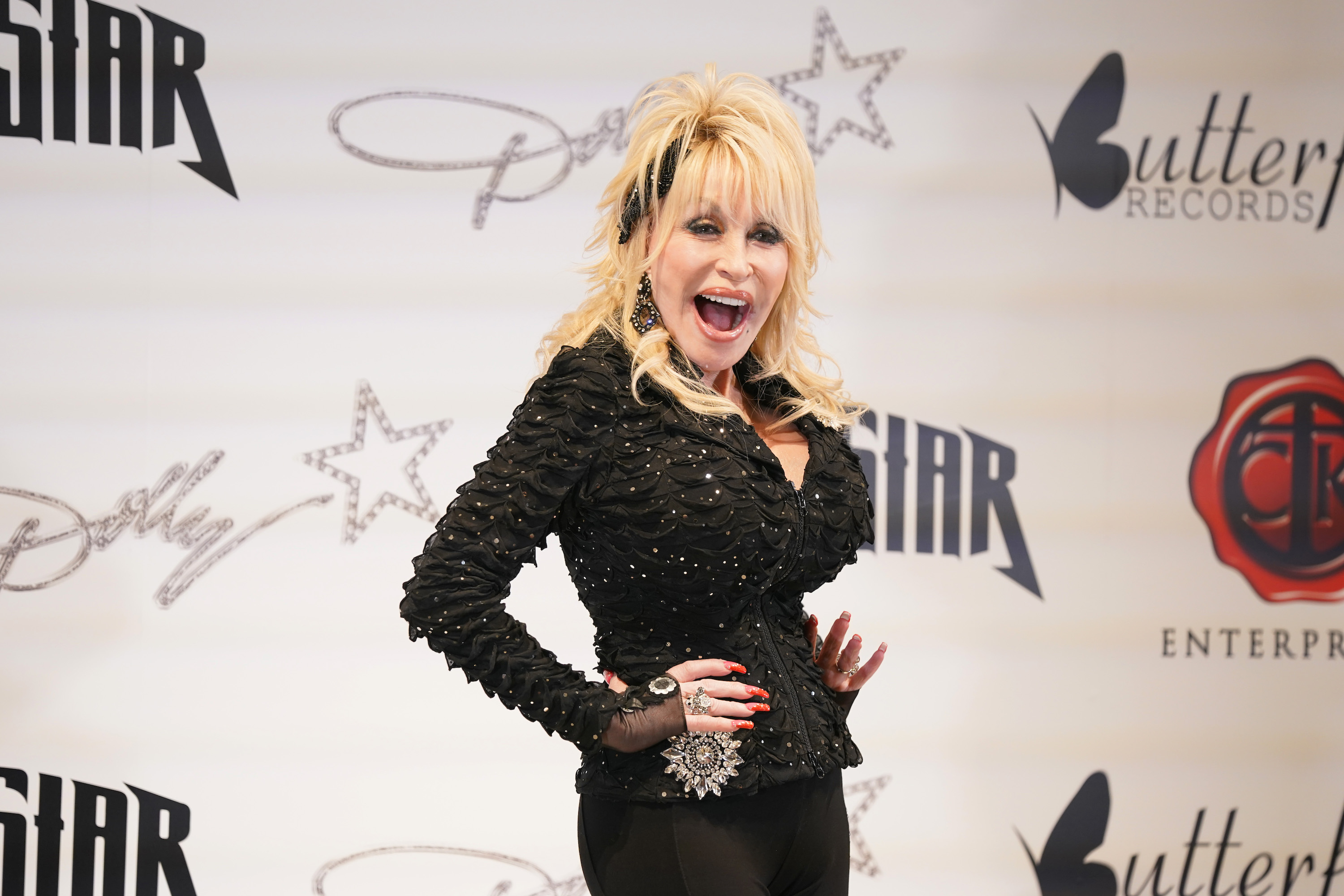
The Dolly Parton Song That Caused a Scandal
Dolly Parton typically creates wholesome songs that appeal to the masses. She rarely expresses any divisive or controversial messages, but sometimes she makes her voice loud. One track she based on a true story stirred the pot, as many weren’t happy about the message she was promoting.
Dolly Parton’s ‘Just Because I’m a Woman’ sparked controversy
“Just Because I’m a Woman” is the title track from Parton’s 1968 album. The song is about a woman who is questioning why she is being judged for her sexual past while her boyfriend did the same thing. While this double standard is a common point of contention in today’s world, it was daring for unmarried women to speak about their sexual history in the 1960s.
In an interview with Rolling Stone, Parton said the song was based on a true story. Her husband asked her if she had had sex before they met. When she said yes, he was not too pleased by her response.
“That song was based on a true story,” Parton explained. “My husband doesn’t particularly like for me to tell this, but he’s old enough now, so he don’t really give a big s***. See, I had had sex before we met, but I hadn’t mentioned it, and he hadn’t asked. We were married for eight months, happy as we could be, and all of a sudden, he decides to ask. I told him the truth, and it broke his heart. He could not get over that for the longest time. I thought, ‘Well, my goodness, what’s the big damn deal?’”
Dolly Parton says the song speaks to oppressed women in other countries
“Just Because I’m a Woman” was considered controversial in several part of the U.S. Many areas refused to play it on the radio, causing the single not to perform well domestically. However, it performed better in other parts of the world, including South Africa.
“I had a lot of fans in South Africa!” she shared. “All those oppressed women! I found that so amusing because somebody said, ‘Hey, my mistakes are no worse than yours, just because I’m a woman.’”
This wasn’t the only song that received backlash from Dolly Parton’s audience. In 1989, Parton wrote “Eagle When She Flies” as the theme song for the movie, Steel Magnolias. It was released two years later as a single, and many radio stations refused to play it.
“Lots of DJs wouldn’t play ‘The Eagle When She Flies,’ because they thought it was such a women’s-lib song,” Parton said.
Parton doesn’t like to divide her audience
Dolly Parton hasn’t directly expressed which side of the aisle she’s on. While she has shared views that align more closely with one side, she has never fully endorsed the left or the right. However, she has many friends who are unafraid to share their opinions, such as her 9 to 5 co-stars, Jane Fonda and Lily Tomlin. In an interview with The Guardian, Parton said she respects her audience too much to anger half of them.
“I’ve got as many Republican friends as I’ve got Democrat friends and I just don’t like voicing my opinion on things. I’ve seen things before, like the Dixie Chicks. You can ruin a career for speaking out,” Parton elaborated. “I respect my audience too much for that, I respect myself too much for that. Of course, I have my own opinions, but that don’t mean I got to throw them out there because you’re going to piss off half the people.”


